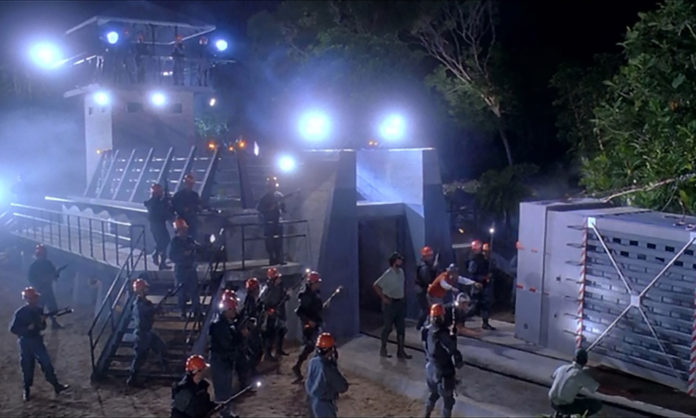In a new post, Janice Hardy examines the much-maligned prologue. Should it stay or should it go? “When done well, a prologue can add interest to your novel,” she says. “Done poorly, it can chase away readers before the novel even starts.”
So, when is a prologue necessary and when should you – like your reader – skip it? Hardy offers some questions to ask:
- Is it an important piece of the protagonist’s history that the reader needs to know to get the story? If so, this information might be better used as background or to build suspense. Save the full reveal for later.
- Is it an important piece of world history that sets up why things are this way and how that’s going to affect your protagonist? If your readers haven’t met your protagonist, they won’t care too much about your world, Hardy says. Find other ways to convey the information through storytelling. Show how the events of your prologue effect and fill in details as needed.
- Is it an event that happens later in the book, but you’re teasing with it at the start because you’re not sure your first chapter has enough oomph to grab readers? Skip the prologue and strengthen your first chapter. “A ‘flash forward’ scene often comes across confusing at best, and gives away something in the story that steals all the suspense up until that moment at worst,” Hardy says.
- Is it a scene with characters other than the main ones, showing an event that foreshadows what the protagonist is about to get themselves into? Now you’re cooking. Hardy cites Jurassic Park as a great example. The novel and film open with characters trying to contain a dangerous animal, and one is mauled. It’s neither a flashback nor a flash-forward. It’s not a spoiler and it’s also not wasted space, because it foreshadows the main conflict between the protagonists and the dinosaurs without giving too much away. Best of all, it creates curiosity in the audience. Sure, we all knew those were dinosaurs, but we still didn’t know what to expect.
- Is it a scene from a non-point of view character that reveals a key piece of information none of the point of view characters know? If the information adds suspense to the story, you might keep it, Hardy suggests. However, if the prologue reveals information your protagonist spends half your novel trying to uncover, kill it or you’ll kill your suspense.
- Is it a scene that you use the words “sets up” to describe, and has no conflict? “Setup isn’t story, and readers want story,” Hardy notes. “Be wary when you get the urge to start much earlier so readers can see ‘how it all began’ or the like.” If the moment is that important, start the novel there or show it some other way.











